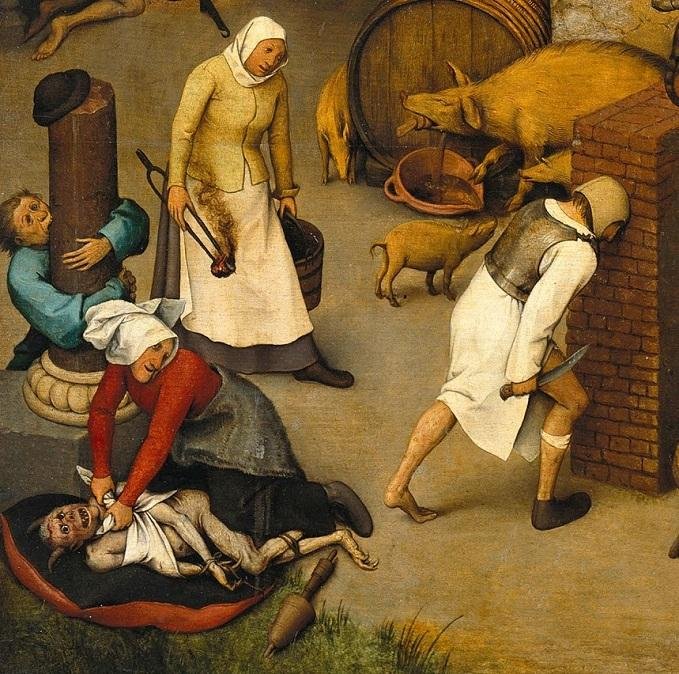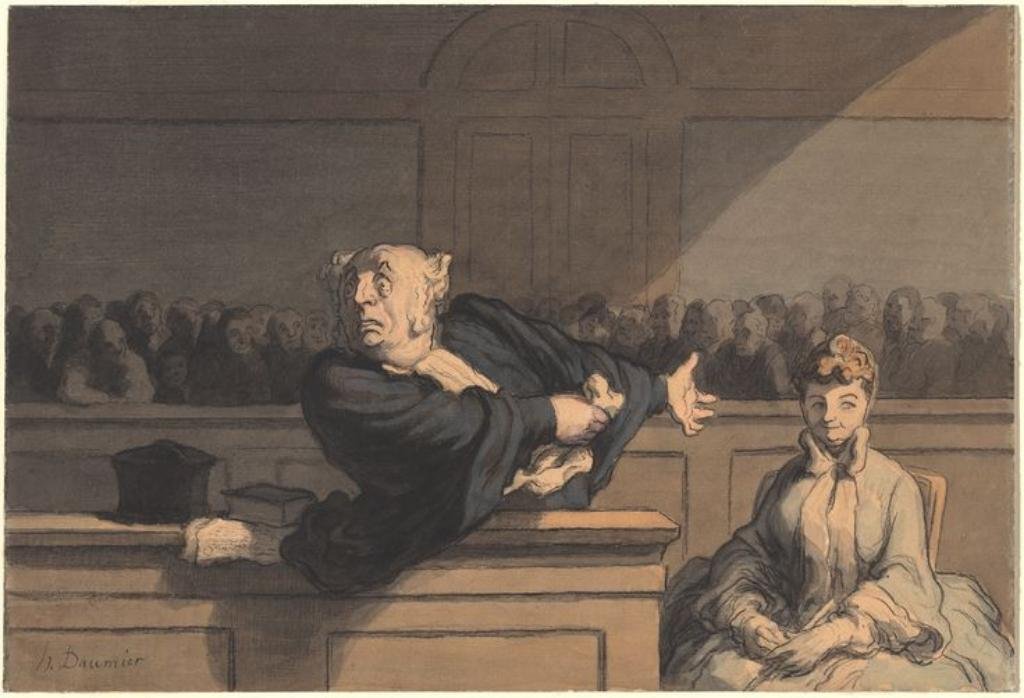“Justice or Cleverness? Rethinking Morality in the Tale of Andreuccio da Perugia”

Introduction:
Giovanni Boccaccio’s *The Decameron* is filled with tales of wit, deception, and the unexpected complexities of human behavior. One particularly striking story is the tale of Andreuccio da Perugia, found on Day Two, Story Five. This review explores how Boccaccio uses irony, suspense, and flawed characters to question ideas of morality and justice in a rapidly changing world.
Summary:
Andreuccio da Perugia, a naïve horse trader, travels to Naples to buy horses but quickly becomes entangled in a series of humiliating mishaps. First, he's conned by a beautiful woman who pretends to be his sister. Then, he falls into a cesspit, is robbed, and nearly killed during a church robbery. Yet by pure luck, he escapes with a valuable ring and newfound street smarts. The tale ends with Andreuccio returning home — battered, but richer in both gold and experience.
Analysis:
Boccaccio’s tale masterfully blends humor and suspense to expose the dangers of naivety in a morally ambiguous world. Andreuccio begins as a stereotypical “country bumpkin,” and the audience is meant to laugh at his gullibility. Yet, as the story unfolds, it becomes clear that almost every character operates within a world where trickery is a survival skill. In this sense, Boccaccio may be critiquing a society where deceit is more effective than virtue.
The story relies heavily on irony. Andreuccio, who came to Naples to strike a deal, ends up being “traded” himself—his trust and money exploited by others. This reversal invites readers to consider how power and cleverness function in society. The tale also features dark comedy: falling into a latrine, getting locked in a tomb, and emerging with a priest’s ring all contribute to a surreal tone that balances horror and hilarity.
Character development is subtle but important. Andreuccio remains mostly passive, reacting rather than acting—but his survival suggests a kind of learning. Boccaccio may be suggesting that, in a corrupt world, fortune favors not just the bold but the unexpectedly lucky.
Personal Response:
What stood out to me was how relevant the story felt, despite its medieval setting. In a time where scams and misinformation are widespread, Andreuccio’s experience feels oddly contemporary. I found myself both laughing and cringing at his misadventures. Though I wished he had grown more consciously, I appreciated the message: knowledge sometimes comes at a very physical cost.
Conclusion:
The tale of Andreuccio da Perugia highlights Boccaccio’s talent for storytelling that entertains while provoking thought. Through a comedic misadventure, the tale challenges traditional ideas of justice and wisdom. In today’s world of digital deception and social complexity, Andreuccio’s story reminds us that luck, learning, and adaptability often trump good intentions alone.







